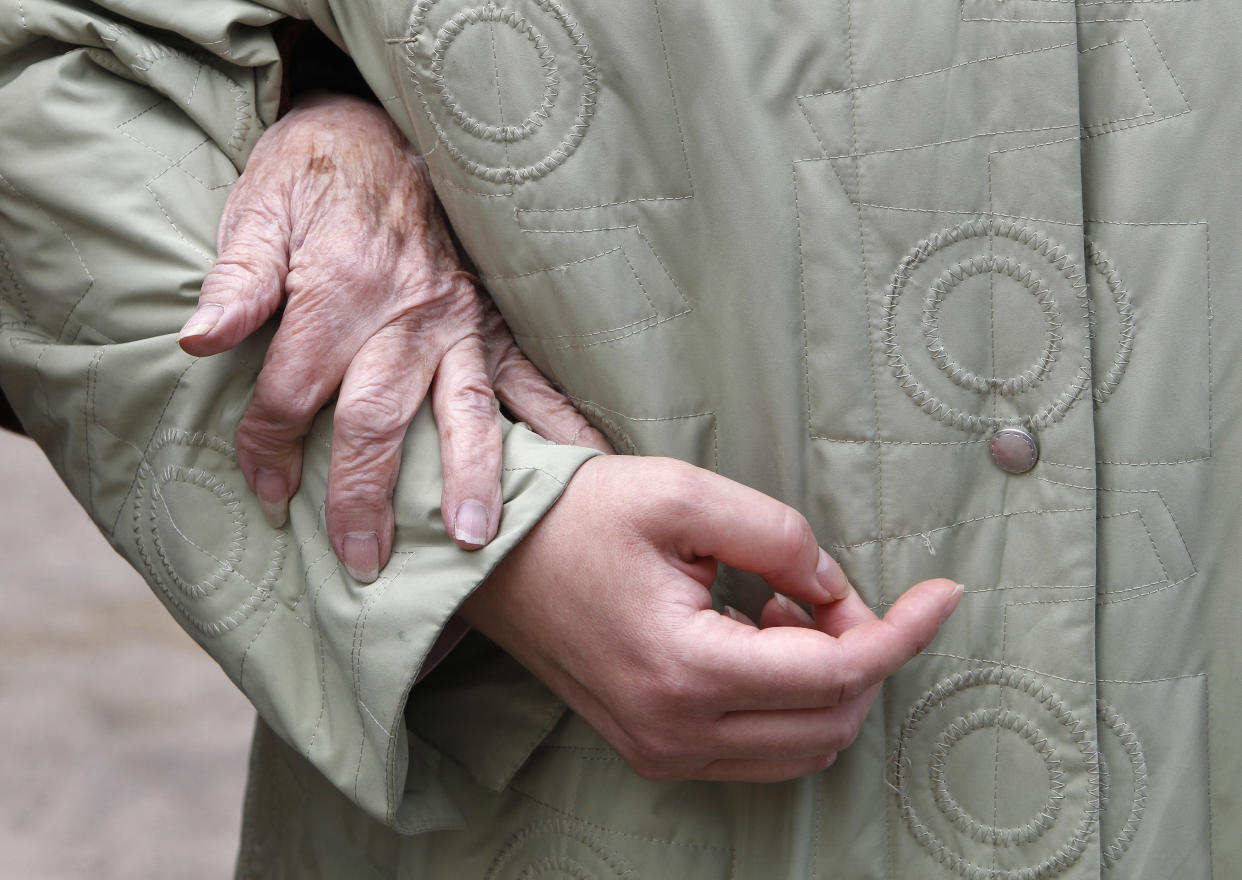State pension set for inflation-busting 2.5% rise thanks to triple lock

UK pensioners will receive an increase of 2.5% in their pensions next year as a rise in inflation to 0.5% kicks in the “triple lock” mechanism.
The pensions triple lock, which was introduced a decade ago, links annual increases in state pensions to real earnings. It is a legal guarantee that each year pensions will rise either by inflation, earnings growth in the three months to July, or 2.5% — whichever is highest.
The Office for National Statistics (ONS) revealed that September’s annual inflation figure stands at 0.5%, up from 0.2% in August.
With earnings falling, this means that the state pension will rise by 2.5% from April 2021 – the fourth time this safety net has been used since the policy was established.
Pensioners on the new state pension will see a rise of £4.40 a week to £179.60 while those on the old state pension system will see an increase of £3.40 a week to £137.65.
Becky O’Connor, head of pensions and savings for Interactive Investor, said: “The security of the 2.5% measure within the state triple lock is showing its worth and will help protect the income of millions of pensions from next year.
“But the fact that it has kicked in could mean there is a risk the Treasury decides to tinker with this valuable protection. Millions of people rely on the state pension to cover their living costs and it’s already arguably not generous enough.”
READ MORE: Triple lock risks pensions rising five times faster than earnings
While the rise in inflation will boost disability benefits, employment and support allowance, jobseekers’ allowance and universal credit by 0.5% in April next year, it also means that universal credit claimants are set to lose their coronavirus increase. This would see their benefits fall overall.
Sarah Coles, personal finance analyst at Hargreaves Lansdown, said: “Millions of people on working age benefits are very likely to see their incomes drop, and with workers still clawing their way back from the effects of the crisis, it could put the triple lock under pressure next year.”
“People on universal credit could lose the Coronavirus increase, which is worth £20 a week, which would leave around four million families worse off next year,” she added. “As more people move off the furlough scheme, we’re likely to see average wages recover. However, for those who are moved off furlough and into unemployment, this is hardly an improvement.”
This could put more pressure on the triple lock, which some have been calling to be scrapped amid a collapse in earnings growth due to COVID-19.
Last week the Organisation for Economic Co-operation and Development (OECD) urged the British government to abandon its triple lock or face growing pressure on UK finances.
“Population ageing is putting pressure on public finances,” the OECD wrote in its United Kingdom Economic Survey 2020. “Indexing state pensions to average earnings rather than using the ‘triple lock’ (the maximum of earning growth, inflation and 2.5%) would improve sustainability.”
In June, the Financial Times reported that chancellor Rishi Sunak was mulling plans to scrap the system on affordability grounds. However, a Downing Street source told Yahoo Finance UK at the time there were “no plans” to abandon the triple lock.
Watch: What is universal basic income?

 Yahoo News
Yahoo News 
